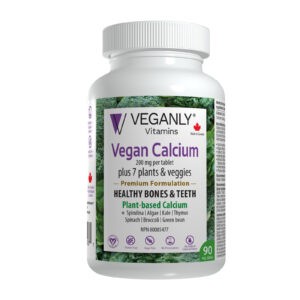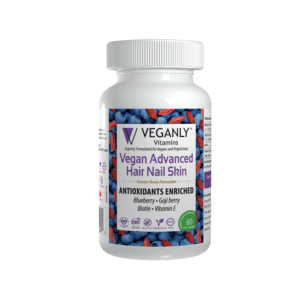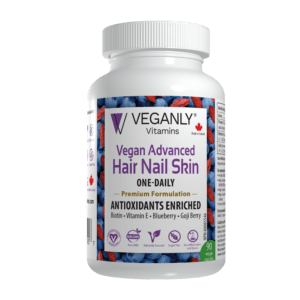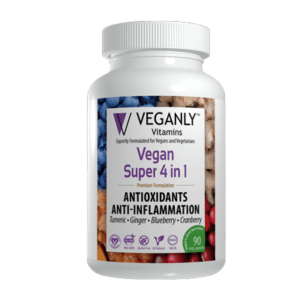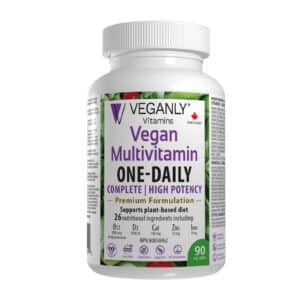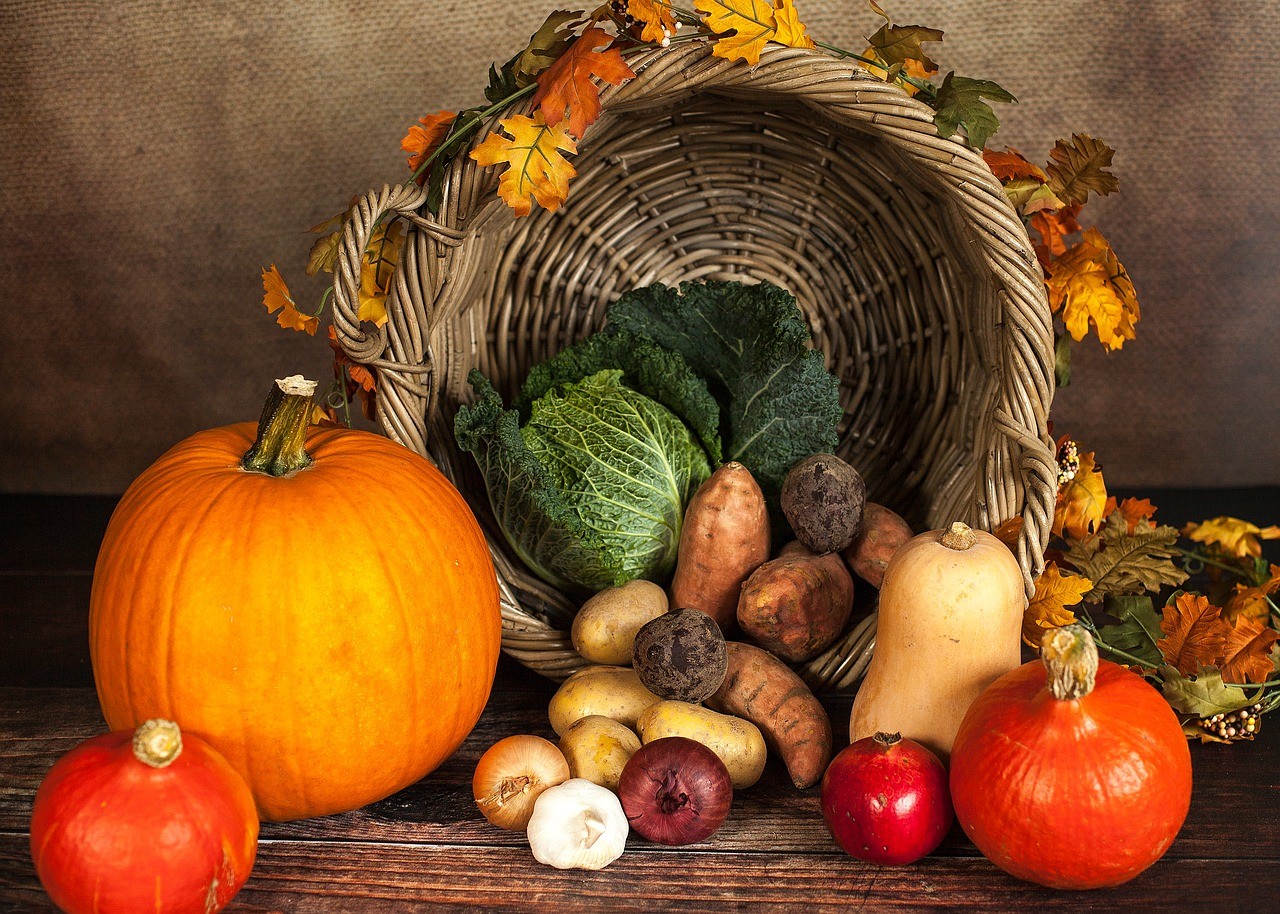So you’ve decided to go vegan, congratulations! You’ll be joining the approximately 2.5 million vegans in the United States who have adopted this enriching lifestyle. Before you start on this new dietary journey, there are a few things to consider as you prepare yourself for this positive change. A couple of small steps can go a long way into helping you easily, quickly and seamlessly transition to a vegan lifestyle.
1. Take it slow
A 2014 Humane Research Council study found that those who make a gradual transition to veganism are able to adapt to it more quickly and sustain it more successfully. So, you don’t have to push yourself into giving up meat cold turkey or transforming your diet from day 1. Instead, plan the transition, taking into consideration your current lifestyle and psychological frame of mind. It may take you a few days or weeks, after which veganism will start being a natural way of life.
2. Don’t bite off more than you can chew
Aim for small changes every day or week in a structured and step-by-step process. Substitute animal products and by-products one at a time so that you can slowly get used to living without them. Be adventurous and try flavorful vegan delights such as falafel, corn chowder, scrambled tofu and soy yogurt!
3. Make gradual changes
Continuing from the first point, explore and experiment easy strategies that help you ease very quickly into a vegan diet. For instance, make meat the side dish, and vegetable stew or casserole the main dish. Or look out for the most appetizing vegan item on a restaurant menu. If you and your spouse have the same goal, cook meals together, adding vegan ingredients or vegan protein sources to see what works best for your taste buds. Enjoy this discovery process, feel lighter and more body-confident (veganism helps you shed pounds).
4. Supplement smartly
You will be missing out on some vitamins naturally present in animal foods. The two main ones to target are vitamin B12, which promotes the normal functioning of the brain and nervous system, and easily soluble heme iron. Besides supplementation, also consider adding iron-rich natural food sources such as leafy greens, sunflower seeds and dried raisins to your diet. You may further want to supplement with zinc, calcium and vitamin D for overall good health. Together, they will act in unison to enhance your overall wellbeing.
5. Say no to junk
Be careful not to fall into a pattern of replacing animal products with packaged and junk foods. Some chips, crackers and biscuits also qualify as vegan foods as they are made without animal-derived ingredients and dairy products, but they may also be loaded with fat and salt. A little mindfulness will help you stick to healthy options.
6. Start paying more attention to food labels
Vegans are hands-down the savviest food-label readers you will encounter at supermarket aisles! The ability to rapidly scan for non-vegan ingredients will develop with time. Be on the look out for the lesser-known or rarer non-vegan ingredients such as shellac, lanolin, whey, aspic, isinglass and pepsin. This experience will teach you a lot more about what goes into the food products you eat every day and help you make wiser choices for yourself and your family.
7. Be ready for questions
Some of your loved ones may inquire about your changing dietary preferences. An early conversation about your intention to become a vegan can bring everyone on the same page and garner support for this personal goal. You may be able to meet milestones more easily with motivation from friends, family and/or colleagues. The world is moving to a sustainable, healthy and largely plant-based diet. You may just encourage a couple of your friends or family members to try out veganism!
8. Watch the soy
Soy is one of the most popular default choices for a vegan diet. Soy milk, soy yogurt, soy hot dogs and soybeans are all healthy and tasty options. But as with any diet, consume soy in moderation and make the most of its nutritional benefits.
9. Don’t worry about side-effects (because there aren’t any)
Regardless of what you may have heard, a vegan diet does not have serious side-effects. With a thoughtfully-crafted plant-based diet that does not advocate anything extreme or unreasonable, you should be able to meet your health goals without much difficulty.
10. You don’t have to spend a small fortune
By cutting out meat from your diet, you will no doubt save on groceries. At the same time, you will find yourself buying more fruits, vegetables, legumes and whole-grains. By planning your weekly diet in advance, net-net you’ll have no problem saving as opposed to spending more.
Veganism is a beautiful thing, based on the core idea of a deep respect for animal rights. With the tips discussed in this post, making the switch will be comfortable, fun and exciting!
#LiveVeganly
THE CONTENT AVAILABLE VIA THE WEB SITE IS PROVIDED WITH THE UNDERSTANDING THAT NEITHER VEGANLY NOR ITS SUPPLIERS OR USERS ARE ENGAGED IN RENDERING MEDICAL, COUNSELING, LEGAL, OR OTHER PROFESSIONAL SERVICES OR ADVICE.
SUCH CONTENT IS INTENDED SOLELY AS A GENERAL EDUCATIONAL AID. IT IS NOT INTENDED AS MEDICAL OR HEALTHCARE ADVICE, OR TO BE USED FOR MEDICAL DIAGNOSIS OR TREATMENT, FOR ANY INDIVIDUAL PROBLEM. IT IS ALSO NOT INTENDED AS A SUBSTITUTE FOR PROFESSIONAL ADVICE AND SERVICES FROM A QUALIFIED HEALTHCARE PROVIDER FAMILIAR WITH YOUR UNIQUE FACTS. ALWAYS SEEK THE ADVICE OF YOUR PHYSICIAN OR OTHER QUALIFIED HEALTHCARE PROVIDER REGARDING ANY MEDICAL CONDITION AND BEFORE STARTING ANY NEW TREATMENT.

